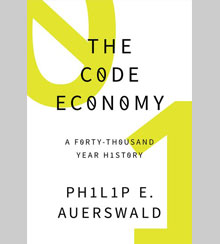Inc., May 20, 2017
by Theodore Kinni

Since I don't have real job, I take special pleasure in reading about how bad having a real job can be. So, of course, I found it impossible to resist Jody Foster's The Schmuck in My Office: How to Deal Effectively with Difficult People at Work (with Michelle Joy, St. Martin's Press, April 2017). No, not that Jody Foster--Dr. Jody J. Foster, clinical professor of psychiatry at the Perelman School of Medicine at UPenn.
None of us are perfect, but Foster directs our attention to those select employees who really are schmucks--10 types of people whose personalities are so difficult and disruptive that they create chaos on the job, upset their coworkers, and drive their managers to distraction. Unfortunately, you'll recognize many of them. There's the Bean Counter, whose obsessive demands for the most minute details ensure that nothing meaningful ever gets done, and the Robotic, whose inability to connect with others on anything near a human level leaves people frostbitten and demotivated.
But even these knuckleheads are tolerable compared with the worst schmucks that Foster calls out in her book: Narcissus, The Venus Flytrap, and The Swindler. Here's how to recognize these three types and minimize the damage they can do to you and your company. Read the rest here.






















